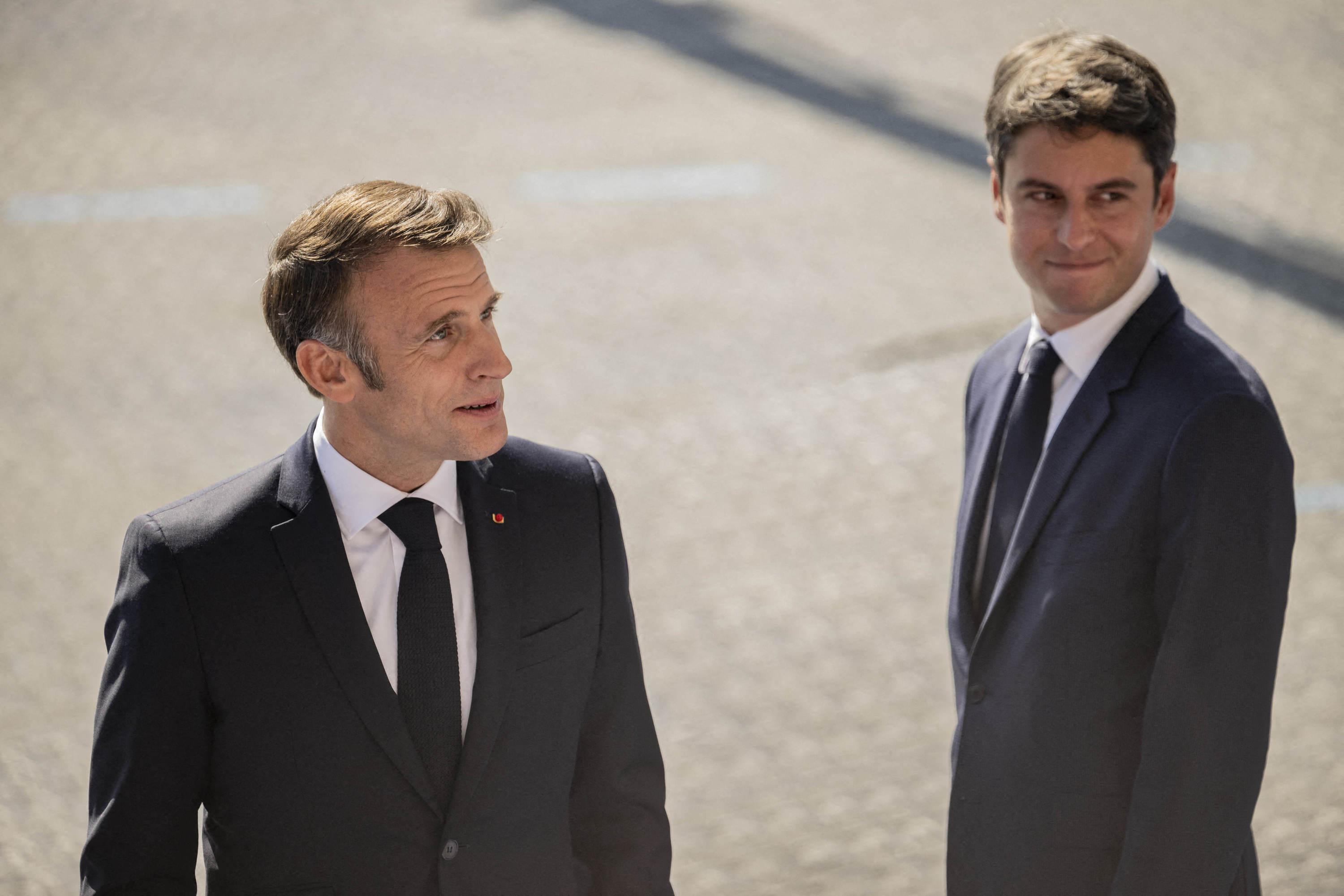France Faces Political Turmoil Over New Tax Amendments and Budget Deficit Concerns
France faces political and fiscal challenges as a new €26 billion tax on multinationals sparks controversy amid high budget deficits and government coping strategies.
- • The French Assembly adopted a €26 billion tax amendment on multinational companies, passed by the left and Rassemblement National amid tense debates.
- • The Minister of Economy criticized the tax law as damaging diplomatic ties with 125 countries, including Algeria.
- • France’s budget deficit projections surpass EU norms, with 5.8% of GDP expected in 2024 and 5.4% in 2025.
- • Prime Minister Sébastien Lecornu rejected the wealth-based Zucman tax, opting instead to lift pension and social minima freezes to ease political tensions.
Key details
Amid rising budget deficits and heated parliamentary debates, France is grappling with significant political and fiscal tensions surrounding its tax policies in late 2025. A key development emerged as the French National Assembly passed a contentious tax amendment targeting multinational companies, estimated to raise €26 billion. This measure was driven by the left and the Rassemblement National during a fractious session, prompting criticism from the Minister of Economy who called it a 'bras d’honneur' to 125 countries, warning of diplomatic repercussions.
The adoption of this tax amendment complicates the French government's international relations, notably with Algeria, already strained after recent government reshuffles involving Bruno Retailleau’s departure. Concurrently, political controversy arose due to Justice Minister Gérald Darmanin’s visit to imprisoned former President Nicolas Sarkozy, which drew formal complaints from lawyers accusing Darmanin of implicit support.
In the broader fiscal landscape, France is confronting a projected budget deficit of 5.8% of GDP in 2024 and about 5.4% in 2025, well above the European Union's 3% limit. Prime Minister Sébastien Lecornu, in recent discussions, firmly rejected calls for implementing the Zucman tax—a proposed wealth tax estimated to yield €25 billion—which proponents argue could alleviate the deficit without austerity measures.
To counterbalance tensions from rejecting higher taxes on the wealthy, the Prime Minister has shown readiness to lift the freeze on pensions and social minima benefits. This move aims to soften opposition from the Socialist Party and segments of the public concerned with social welfare amid tough fiscal decisions.
These developments underscore the French government's delicate balancing act between fiscal responsibility, political pressures, and maintaining international diplomatic relations as it navigates economic challenges and domestic discontent.
This article was translated and synthesized from French sources, providing English-speaking readers with local perspectives.
Source articles (2)
Source comparison
Latest news
France Returns the Djidji Ayôkwé Talking Drum to Côte d'Ivoire After Over a Century
Record 37 Days of Rain Triggers Ongoing Severe Flooding in Western France
Political Divisions and Social Tensions Intensify Following Quentin Deranque’s Death in Lyon
French Economy Minister Calls for Full Insurance Industry Mobilization Amid Devastating Storm Floods
France Boosts Social and Solidarity Economy with New Tools and Potential Tax Reforms in 2026
Saint-Nazaire Mayor Condemns Vandalism of Two Political Offices as Attack on Democracy
The top news stories in France
Delivered straight to your inbox each morning.

